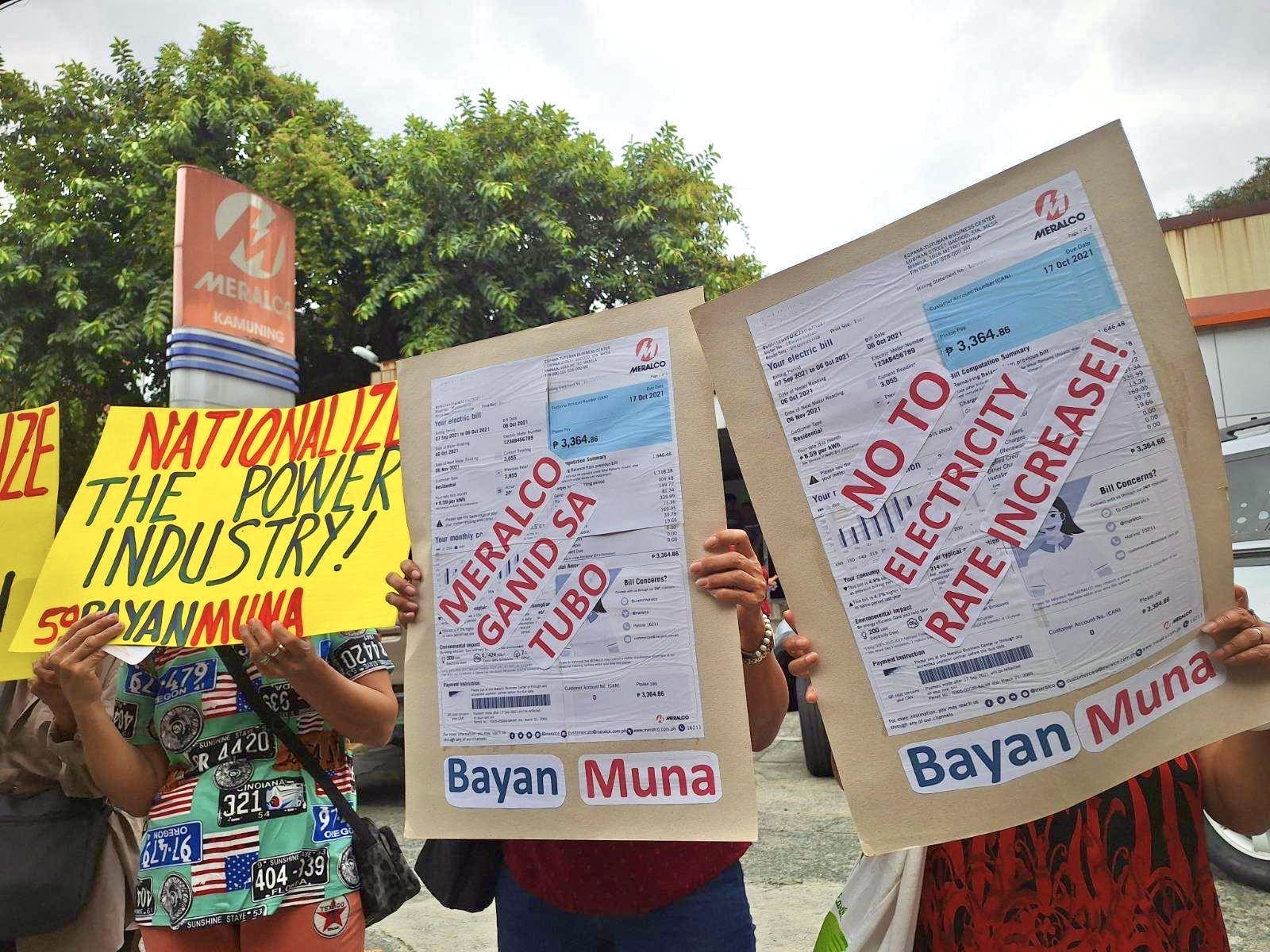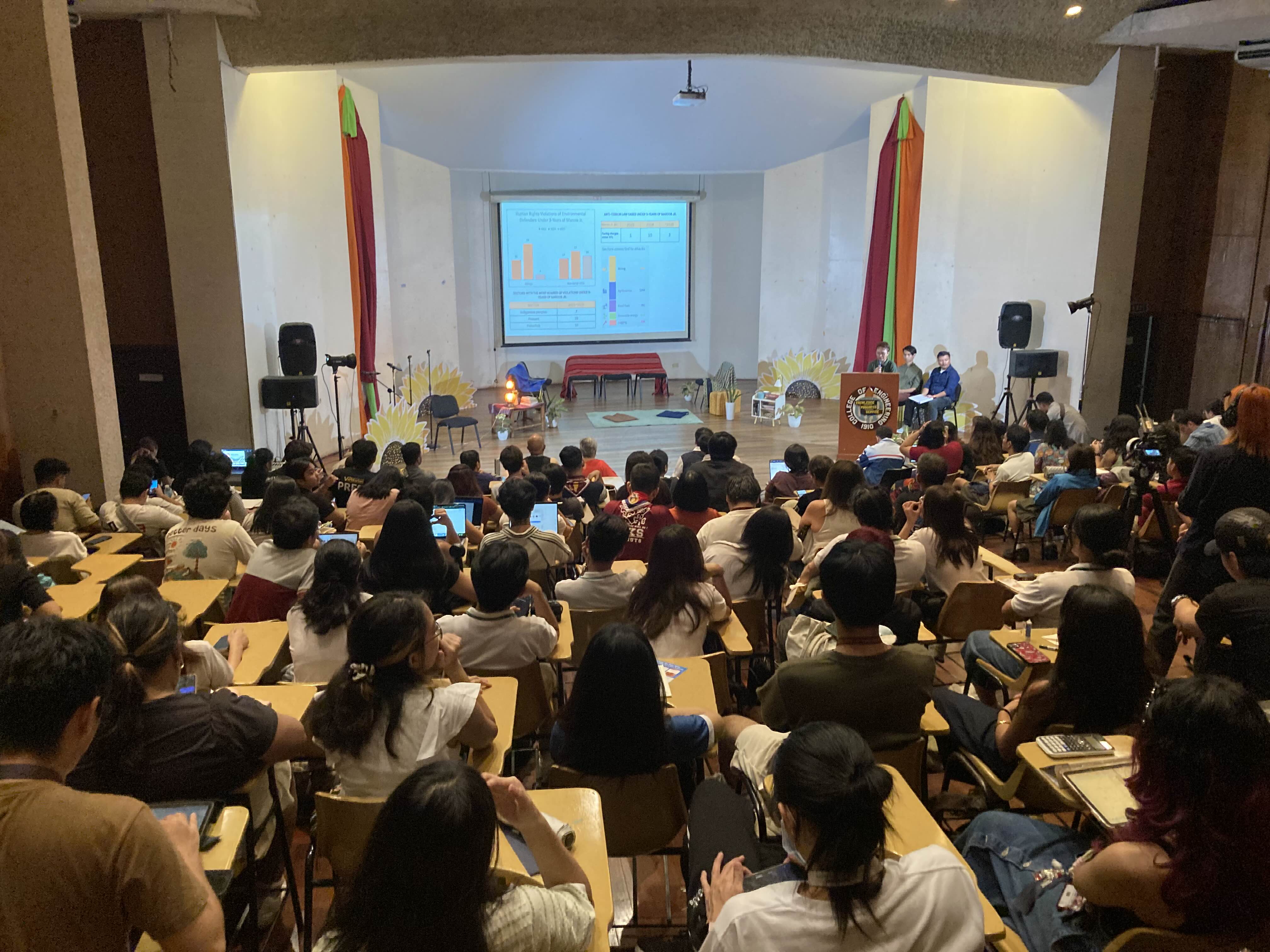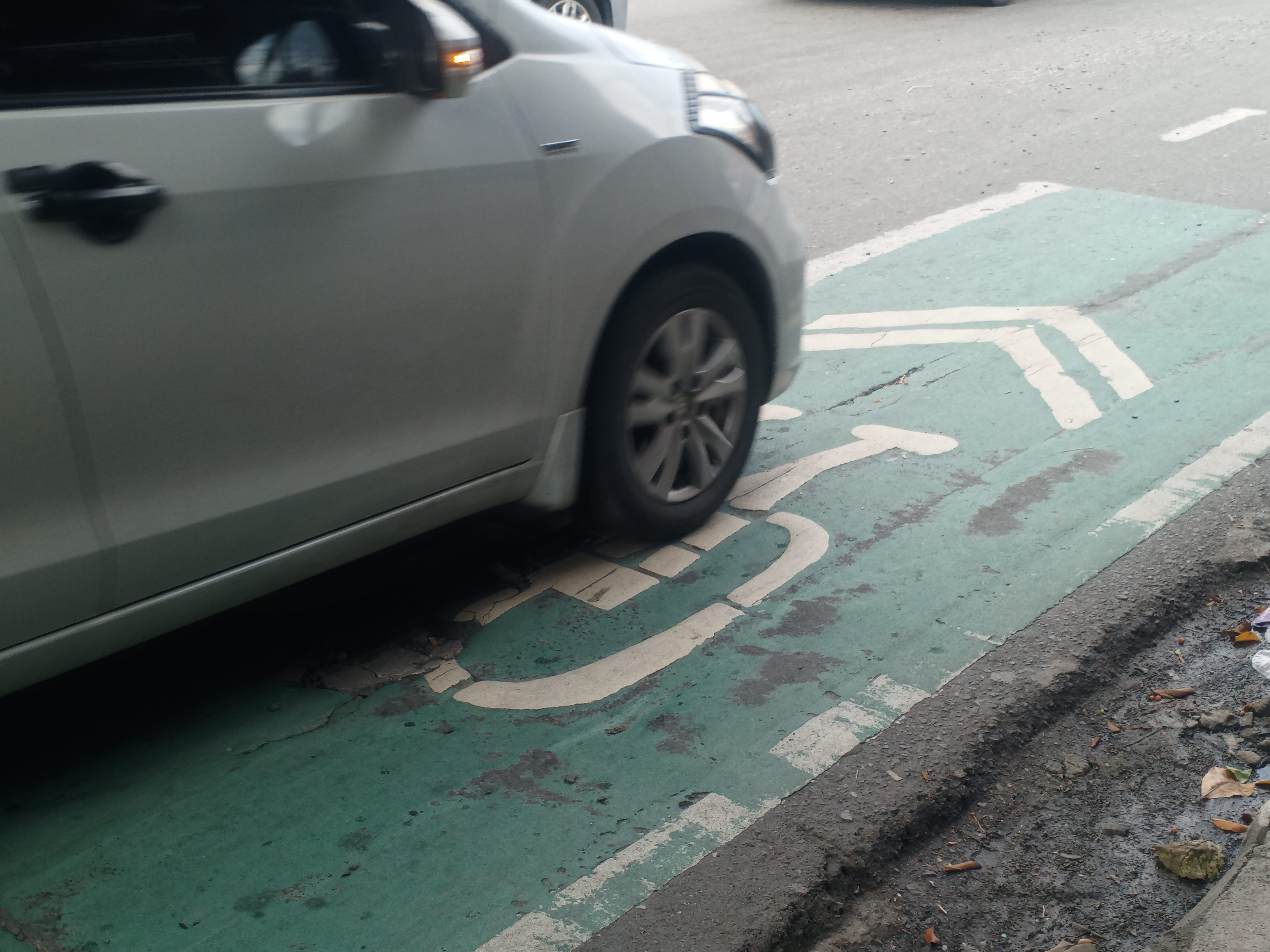The rapid spike in temperature induced by accelerating climate change has propelled power consumption across the country. Amid heightened consumption, Manila Electric Company (Meralco) issued around a P144 hike in household rates for this month.
While Meralco attributes rising electricity rates to grid supply shortages and regulatory delays, it conveniently glosses over its profit motive that underlies the deepening of both the climate and energy crises. Its recent power supply agreements with its own associated generation companies, both of which are also partnered with conglomerates San Miguel Global Power Holdings Corp. and Aboitiz Power, deepen dependence on gas-fired power plants. Such growing reliance on fossil fuel risks driving prices even higher, further entrenching corporate monopoly in the energy sector, and contributing to the emissions behind the climate catastrophe that already impedes development.
At the center of this thrust is the state’s market fundamentalist rationale for privatization and deregulation: that the private sector is more efficient and thus the government must relinquish control of utilities and public services because it is shackled by budget constraints.
But such excuses, espoused again in the latest budget debates and reflected in the 2025 General Appropriations Act, are hollow justifications that obscure the connivance of state and corporations to maximize profit at the expense of real solutions to climate change and energy poverty. Serving the public good entails cutting emissions, expanding access to sustainable energy, and building resilient systems—all of which spell a lower yield for corporations profiting from the monopolized fossil fuel industry.
Claims of prudent state expenditures through austerity are further belied by the bloated allocation of government funds to pork barrel projects such as patronage-motivated aid, confidential funds, and unprogrammed appropriations. Meanwhile, support for community-based renewable energy systems remains minimal and fragmented. Local governments and indigenous communities continue to lead small-scale initiatives, often without robust state funding or policy protection. What is claimed as a deficit is in fact a deliberate drain driven by private interests and prioritization of elite profit.
In this lopsided favor to corporations, the government perpetuates its own manufactured crisis of scarcity. Debt-servicing growth rate is already outpacing growth in the national budget. Instead of expanding fiscal space through progressive taxation—such as a wealth tax, or closing loopholes in corporate income tax—the state continues to siphon public resources toward private pockets and deprives people of control over essential services.
As expanded corporate control then leads to the worsening of the crisis, the state is compelled to rely once again on the same private actors that caused the problem.
Debunking the logic of profiteering is the only way forward. This involves a just energy transition that forsakes deregulation policies like the Electric Power Industry Reform Act and entrenches robust public investment and democratic planning over national assets.
The energy and power sector must then be affirmed as a public good, starting with its nationalization. Countries like Uruguay serve as a model for public ownership of energy systems that can lead to increased access and rapid renewable adoption, all while keeping costs down. In contrast to the Philippines’s privatized, profit-first model, this example proves that a publicly led sustainable transition is not only plausible, but necessary.
Once ownership has been shifted, policymakers may draw lessons from the success of the Palawan mining moratorium by imposing a prohibition on fossil fuel projects and creating community-led energy councils to ensure a democratic, accessible, and climate-aligned future for the energy sector.
As the sweltering heat and scarce, expensive energy access continue to encumber Filipinos, the state must stop acting as a broker for private capital and instead become an active guarantor of climate justice and public welfare. Anything less constitutes a violation of its mandate to prioritize the welfare of its constituents. ●
First published in the April 24, 2025, print edition of the Collegian.







